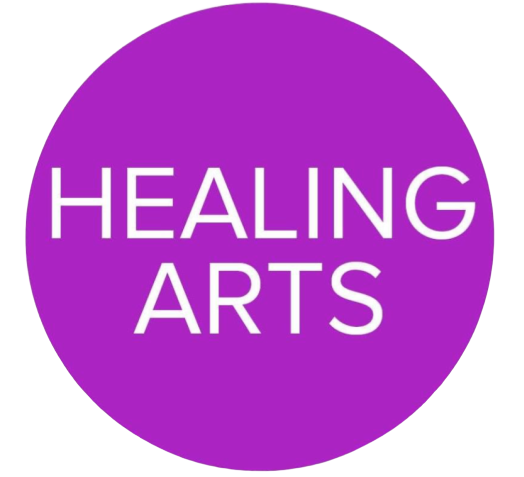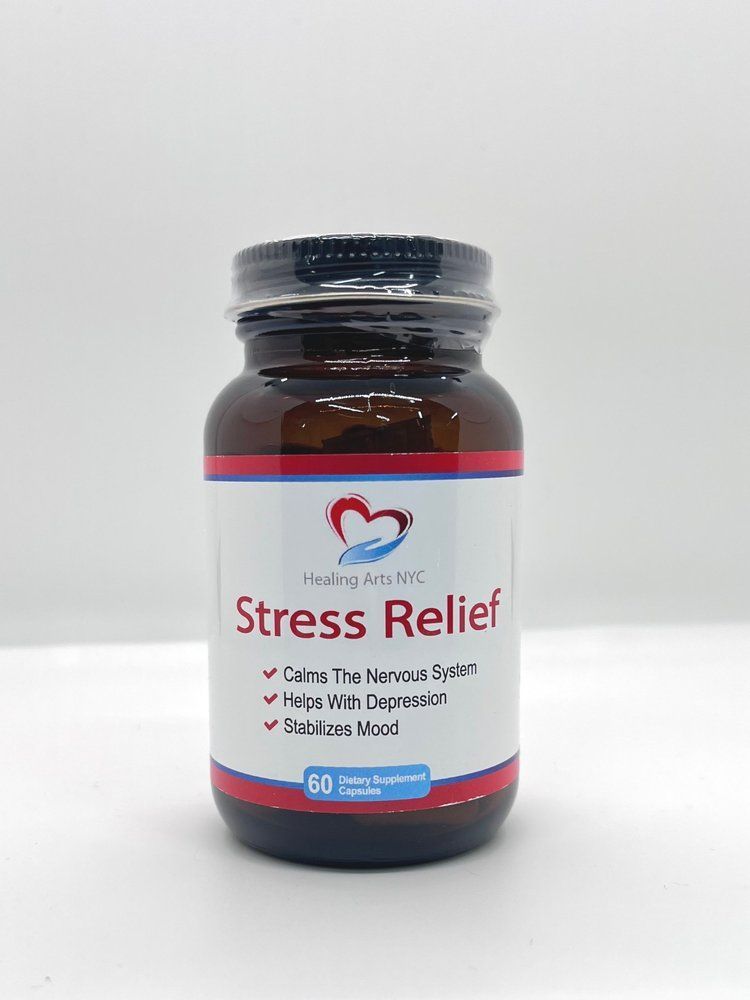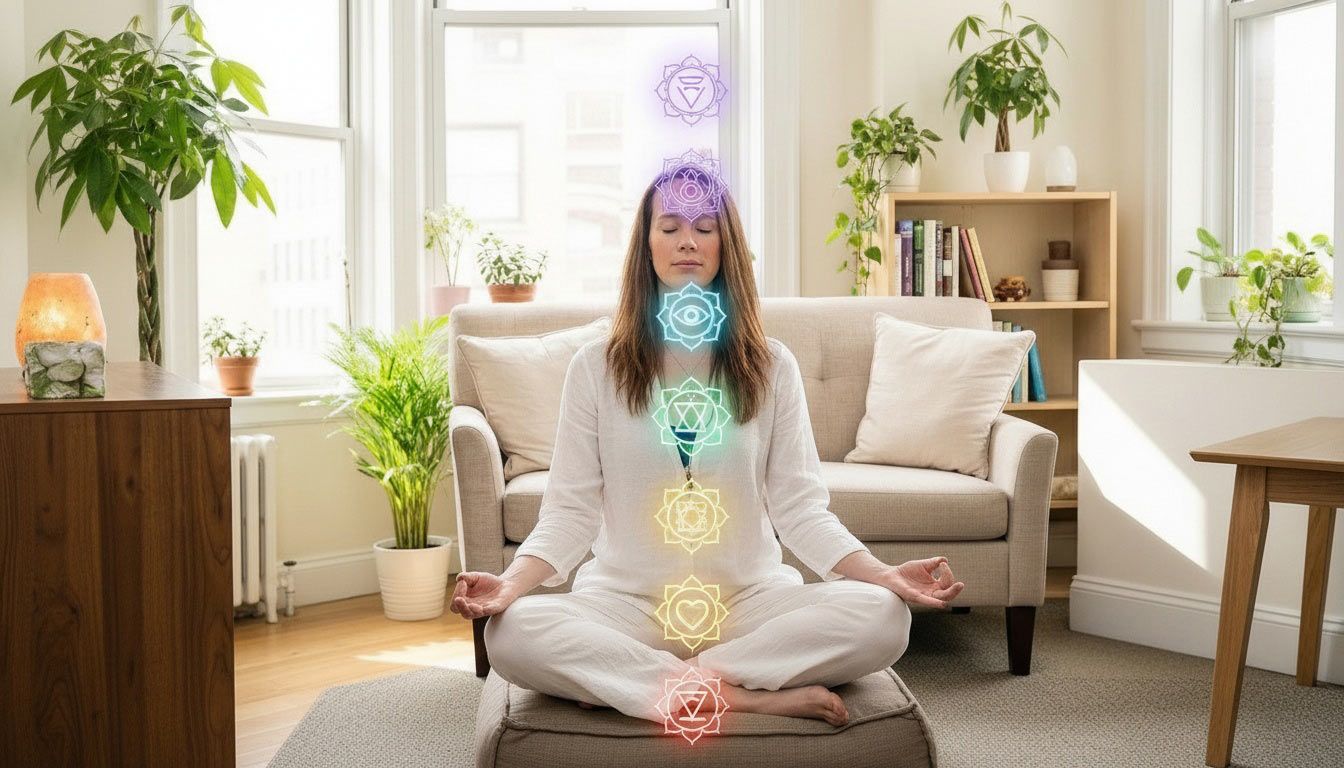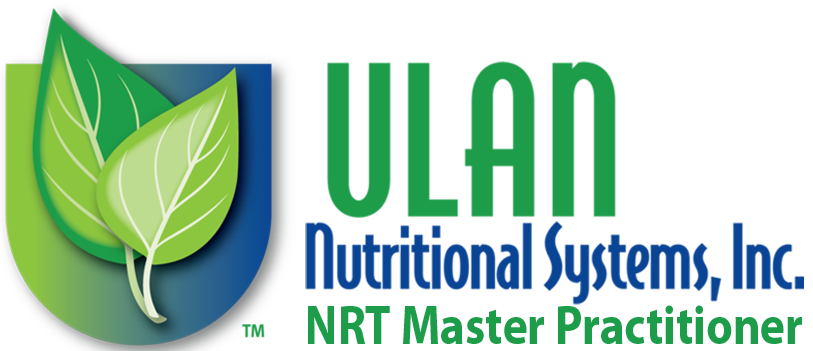Hypothalamus Support for Anxiety and Depression
Anxiety and depression are often looked at as two different problems, but they are not two separate problems. They are both symptoms of the neuroendocrine system being out of balance. We can restore this balance naturally.
-Dr. Alicia Armitstead
One of the most underrated organs in the body that is in charge of so much is the hypothalamus gland. I write underrated because we don't talk about it, and blood work is rarely done to test for it. It is a gland in the brain about the size of an almond. It secretes hormones to the pituitary gland, which is also in the brain. Depending on what the hypothalamus gland secretes, the pituitary gland secretes hormones to the thyroid, adrenals, and sex organs. This means the hypothalamus gland is in charge of the hormonal system and our reaction to stress.
The hypothalamus gland gets its information from the brain, connecting the nervous system with the hormone system so that the two systems can talk to each other. Two other glands also help connect the hormone system with the nervous system. They are the pituitary gland and the adrenal glands. These three glands make up the neuroendocrine system.
The hypothalamus gland is in charge of reproduction in all aspects, from bonding to sexual behavior. It controls sperm production, ovarian cycle, lactation, and maternal behavior. It controls the body's response to stress. It regulates the body's metabolism, influencing eating and drinking, how energy intake is utilized, and how fat is metabolized. It influences and regulates mood, body fluid, blood pressure, and electrolyte balance.
The hypothalamus gland does all of this in the body by secreting eight different hormones: corticotropin-releasing hormone (CRH), gonadotropin-releasing hormone (GnRH), thyroid-releasing hormone (TRH), oxytocin, vasopressin, growth hormone-releasing hormone (GHRH), somatostatin, and dopamine.
The hypothalamus gland releases CRH due to stress from the brain. CRH stimulates the pituitary glands to release the adrenocorticotropic hormone ACTH, which activates the adrenals to produce cortisol and androgens. Too much CRH causes anxiety, depression, poor sleep, and increased inflammation. Too little has been linked to Alzheimer's disease, chronic fatigue syndrome, and miscarriages.
GnRH regulates the reproductive system and is vital for sex drive and fertility. GnRH stimulates the pituitary to release sex hormones, luteinizing hormone LH, and follicle-stimulating hormone FSH. Luteinizing hormone in men affects the amount of testosterone, and follicle-stimulating hormone affects sperm production. LH and FSH in women stimulate the ovaries to produce estrogen and progesterone. Without enough LH or FSH, infertility will occur, and women will not have their periods.
TRH is released from the hypothalamus and then into the pituitary. The pituitary gland, in turn, releases thyroid-stimulating hormones into the bloodstream, where the thyroid picks them up and produces T4 and T3 hormones. If you want to know how your thyroid is doing, the average blood work and thyroid panel tests for T4, T3, and TSH, but not TRH. I have seen many thyroid issues be a hypothalamus issue. Without enough TRH, the thyroid won't make enough T3 and T4, creating a hypothyroid, making one feel tired, gain weight, and lose hair. With too much TRH, the thyroid is overstimulated, and hyperthyroidism occurs when one feels anxious, has heart palpitations, frequent bowel movements, and has fatigue.
Oxytocin is made in the hypothalamus gland but stored and released by the pituitary gland. Oxytocin is known as the 'love hormone' because it is released when we are bonding, whether it be social bonding or romantic bonding. When it is released, it helps reduce stress and build trust. Too much oxytocin can cause restlessness, sleepiness, excess attachment, overprotectiveness, and increased aggression. Too little oxytocin can cause poor communication, anxiety, depression, and difficulty forming emotional bonds.
Vasopressin is released when blood pressure is low. It also helps control water balance in the body and regulate sodium levels. Too little vasopressin causes dehydration, while too much vasopressin causes nausea, headaches, balance problems, and low sodium levels.
The Hypothalamus gland also releases GHRH, which stimulates growth hormone release from the pituitary gland. Somatostatin is released from the hypothalamus gland and throughout the body to inhibit the release of growth hormone and other hormones.
The last hormone the hypothalamus releases is dopamine. Dopamine makes one feel pleasure, satisfaction, and motivation. It helps control movement, attention, and concentration. Low levels of dopamine are related to ADHD, Parkinson's, and restless legs syndrome. High levels of dopamine are associated with obesity and addiction. The hypothalamus is the primary place to make dopamine, but your adrenals and gut also make it.
Anxiety and depression are often looked at as two different problems, but they are not two separate problems. They are both symptoms of the neuroendocrine system being out of balance. Either the hypothalamus gland is secreting too much CRH in response to stress or too little oxytocin.
Stress Relief Supplement
For those who are feeling both anxious and depressed this supplement was specifically designed by Dr. Armitstead to help calm the nervous system while also supporting the brain to produce more neurotransmitters in order to feel better.
Ingredients:
Red Sandalwood, SAMe, Vitamin B12, Ashwagandha, Kava Kava, Glutamate, Lemon Balm, Passionflower and Vitamin D
To reset the hypothalamus gland and the stress response exercise, meditation, deep breathing, and other stress-reducing tools can help. We customize stress-reducing programs for patients so that the hypothalamus gland stops reacting intensely to the brain and nervous system. We also use muscle tests to figure out what supplements the hypothalamus gland can use to reset.
One of my favorite supplements is a supplement I designed to help the hypothalamus gland and nervous system with stress, called Stress Relief. It contains SAMe, glutamate, and vitamin B12 to stimulate the nervous system, and Ashwagandha, kava kava, lemon balm, and passion flower to relax the nervous system. In this way, it helps with both anxiety and depression.
If you think your hypothalamus may need a reset to get your nervous system or hormones under control, get muscle tested today to see what lifestyle changes or supplements can help.













